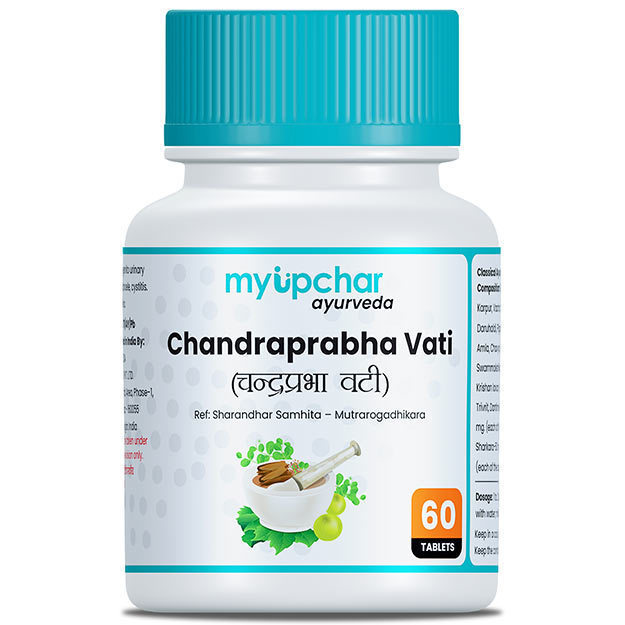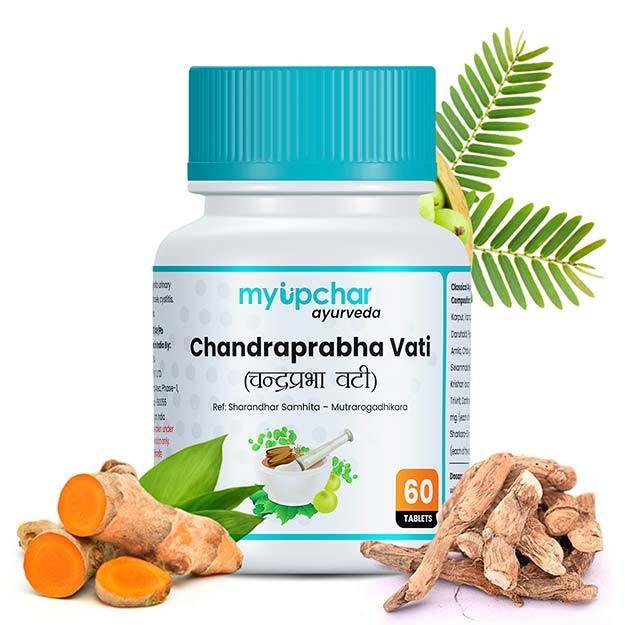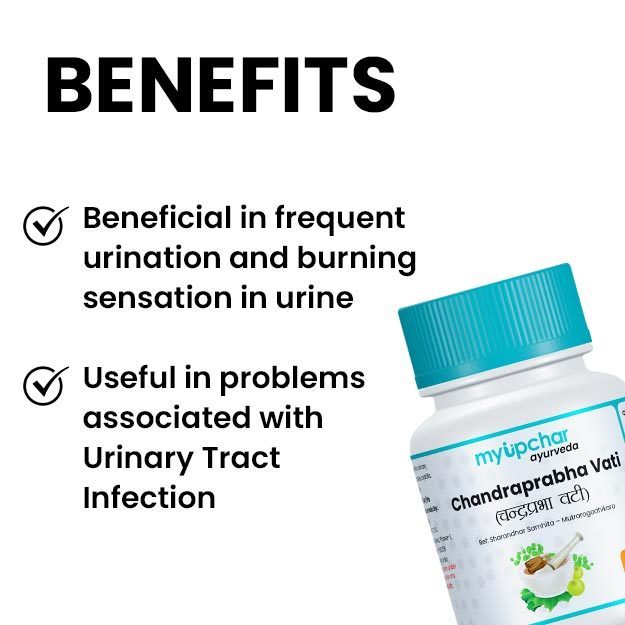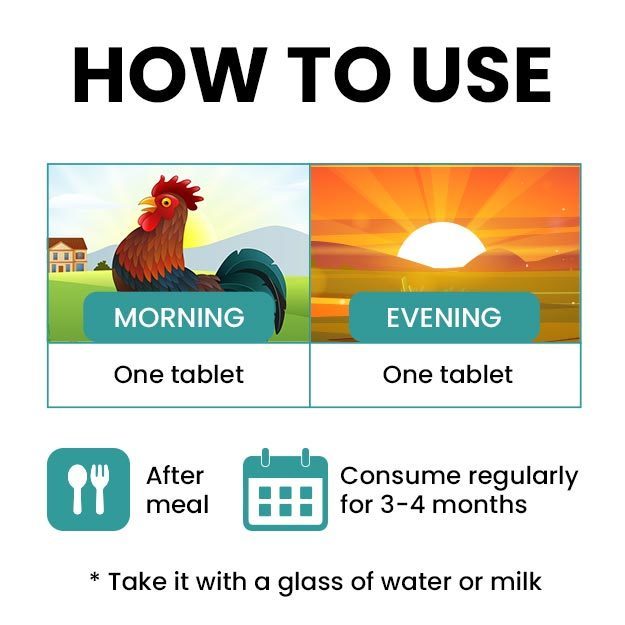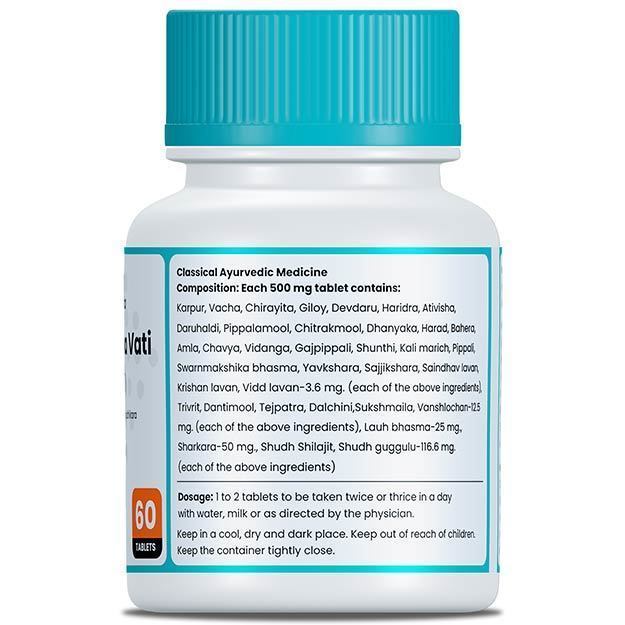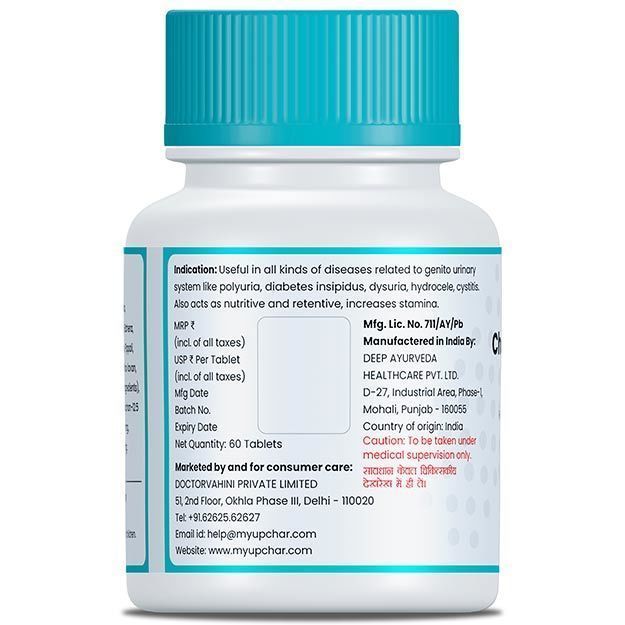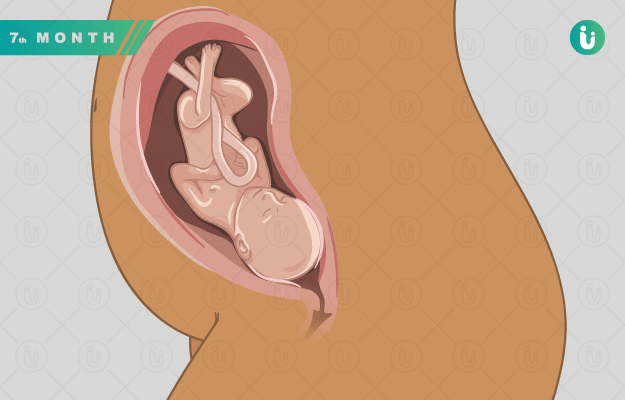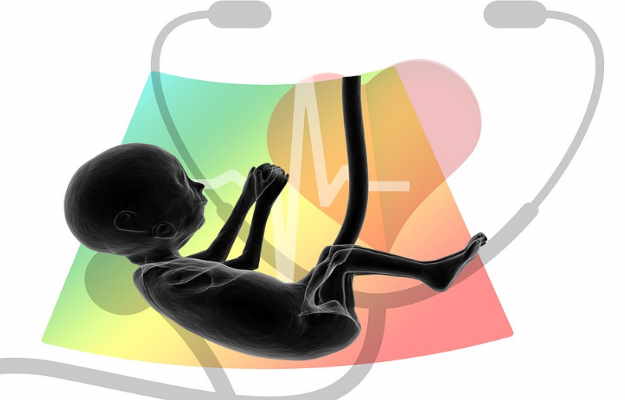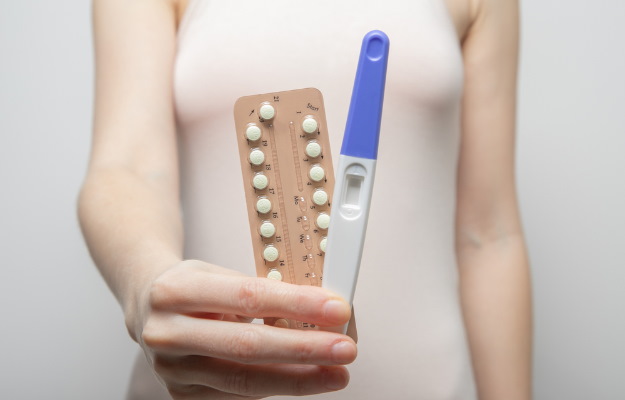It is normal for most pregnant mothers to feel mild pain during pregnancy. After all, your body is changing with each passing day and it is not so easy to carry a growing baby in the womb. In such a situation, the kind of cramps or spasms in the stomach that are felt during periods or menstruation are normal during pregnancy as well, but sometimes it can be a matter of serious concern. Many women feel that if there is stomach pain during pregnancy, it may be a sign of miscarriage. But period-like pain, cramps or spasms in the stomach during pregnancy are normal in most cases and there is no need to panic too much about it.
(Read more - Pain during Pregnancy)
Most cramps during pregnancy, especially in the early days of pregnancy, are not dangerous because cramps or spasms are the reaction of the uterus to all the things that are going on inside it during pregnancy. The uterus is a type of muscle and when the uterus contracts, you feel cramps. But here it is very important to know which kind of cramps, spasms or abdominal pain is normal and which you need to be worried about.
(Read more - Abdominal pain during pregnancy)
- Causes Of Period-like Pain In Pregnancy
- Ways To Get Relief From Period-like Pain During Pregnancy
- Summary
Causes Of Period-like Pain In Pregnancy
During the first and second trimester of pregnancy, the woman's body is busy working day and night to prepare for the baby growing in the womb. Due to this, the muscles of the uterus also start stretching and expanding. Due to this, you may also feel as if there is a pull in your stomach from both sides. In the early days of pregnancy, you may also feel pain which is similar to the pain during periods or menstruation. Apart from this, increased pressure in the pelvic area during pregnancy is also quite common.
(Read more- Round ligament pain during pregnancy)
As we have already mentioned, when the uterus contracts, cramps can also be felt due to this and there are many reasons due to which the uterus can contract during pregnancy such as urine being filled in the bladder, feeling orgasm, exercise, urine infection (UTI) etc. Know here about the reasons for abdominal pain or cramps during all three trimesters of pregnancy.
Other Causes Of Period-like Pain In Pregnancy
1. Pre-eclampsia: Pre-eclampsia can occur any time after the 20th week of pregnancy. According to the Preeclampsia Foundation, 5 to 8 percent of all pregnant women are diagnosed with preeclampsia. In case of pre-eclampsia, severe pain can be felt in the upper-right part of the stomach. Due to this, the risk of sudden rupture of the placenta also increases. This is a condition in which the placenta breaks and separates from the wall of the uterus even before delivery. Doctors of women who have preeclampsia check their blood pressure and urine during every appointment until delivery. Protein found in urine can also be a sign of preeclampsia.
(Read more - How To Take Care During Pregnancy)
2. Ectopic pregnancy: If you experience abdominal pain or cramps along with spotting or bleeding during pregnancy, it may be a sign of miscarriage or ectopic pregnancy. Ectopic pregnancy is seen in 1 to 2 percent of women. In this, the fertilized egg remains in the fallopian tube instead of going to the uterus or in rare cases, the fertilized egg attaches itself to the ovary, cervix or even the stomach. If you experience severe abdominal pain that lasts for more than a few minutes, contact the doctor immediately.
3. Yeast or urine infection: Many times during pregnancy, women have problems of yeast infection in the vagina or urine infection (UTI) and due to this too, pain or cramps can be felt in the stomach. According to a study by BMJ, about 6 percent of mothers get UTI during pregnancy, which can also cause kidney infection. Due to this, the risk of premature delivery also increases.
Stomach Pain Or Cramps In The First Trimester
For some women, abdominal cramps or cramping is the first sign that they are pregnant, because cramps are experienced when a fertilized egg sticks to the wall of the uterus. This is also called implantation cramping and during this time it feels as if your menstruation is about to start. Apart from this, due to the change in hormone levels during pregnancy, problems like gas, bloating and constipation also increase and due to this, period-like pain can be felt in the stomach. Most women may feel mild cramping or stomach pain during the first 16 weeks of pregnancy.
(Read more - Pelvic pain during pregnancy)
Stomach Pain Or Cramps In The Second Trimester
The second trimester of pregnancy is the time when you experience the least symptoms like stomach pain, cramps or other discomforts. Here, those women can be an exception who are carrying more than one child in their womb because the uterus of those women grows rapidly and reaches the third-trimester proportion in the second trimester itself. (This is the reason why women who are carrying more than one child in their womb are at a higher risk of preterm labor i.e. premature birth of the child.)
(Read more - Every Mother Should Know : Pregnancy Problems)
Apart from this, the problem of abdominal pain or cramps in the second trimester is also seen in women who have round ligament pain during pregnancy. It starts around the 13th week of pregnancy (in round ligament pain, the ligaments supporting the uterus are stretched upwards as the uterus starts growing upwards). This kind of mild or mild pain is usually very sharp and one-sided. Sometimes mild urine infection also occurs during pregnancy and due to this too, there can be a problem of abdominal pain or cramps.
Another rare but serious cause of abdominal pain or cramps in the second trimester is the problem of fibroids or fibers in the uterus. The harmless overgrowth of tissues begins to break down in the second trimester because they do not get enough blood to maintain the growth of these fibers. When they break, there is severe pain and usually it occurs between the 15th and 18th weeks of pregnancy.
Stomach Pain Or Cramps In The Third Trimester
Third trimester me pet dard ya cramps Just like the first trimester, it is normal to experience cramps in the third trimester of pregnancy and this is known as Braxton Hicks contractions. You will feel similar contractions during labor pains as well but the difference is that Braxton Hicks contractions do not turn into labor. However, cramps in the second or third trimester should not be taken lightly as it can also be a sign of premature labor. Get your cervix checked by a doctor to see if it has started to dilate or open. If these cramps are not a sign of early labor, then drink a glass of water or juice and rest so that the pregnancy cramps subside.
(Read more - Headache during pregnancy)
Ways To Get Relief From Period-like Pain During Pregnancy
The following tips can help you get relief from stomach pain or cramps during pregnancy:
- Take a light walk
- Take a bath in lukewarm or warm water. Doing this will make you feel relaxed
- Ask your partner to give you a light massage on the lower back
- If you want, you can also do light stretching
- Drink plenty of water and fluids, so that there is no shortage of water in the body
- Take as much rest as possible
- If you feel pain or cramps in the stomach, do not use a hot water bottle or heating pad, it can be dangerous
- If you want, you can also tie an adjustable maternity band on the stomach
(Read more -Pregnancy Nutrition: What to Eat)
Summary
Experiencing period-like pain during pregnancy can be normal, especially in the early months. This pain is often caused by the expansion of the uterus and hormonal changes. It may be felt as a mild pulling or cramping, which is a part of the changes taking place in the body. However, if the pain is intense or persistent, it may be a sign of a complication, such as miscarriage or other problems. In such a situation, it is necessary to consult a doctor. For mild pain, rest, warm compresses, and drinking enough water can provide relief.
Find Obstetrician and Gynaecologist in cities
- Obstetrician and Gynaecologist in Bangalore
- Obstetrician and Gynaecologist in Mumbai
- Obstetrician and Gynaecologist in Ghaziabad
- Obstetrician and Gynaecologist in Chennai
- Obstetrician and Gynaecologist in Pune
- Obstetrician and Gynaecologist in Delhi
- Obstetrician and Gynaecologist in Hyderabad
- Obstetrician and Gynaecologist in New Delhi
- Obstetrician and Gynaecologist in Gwalior
- Obstetrician and Gynaecologist in Gurgaon
Doctors for Period-Like Pain During Pregnancy: When to Worry and How to Manage It
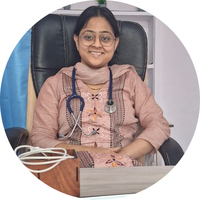
Dr. Ayushi Gandhi
Obstetrics & Gynaecology
4 Years of Experience

Dr. Anjali
Obstetrics & Gynaecology
23 Years of Experience

Dr.Anuja Ojha
Obstetrics & Gynaecology
20 Years of Experience

























